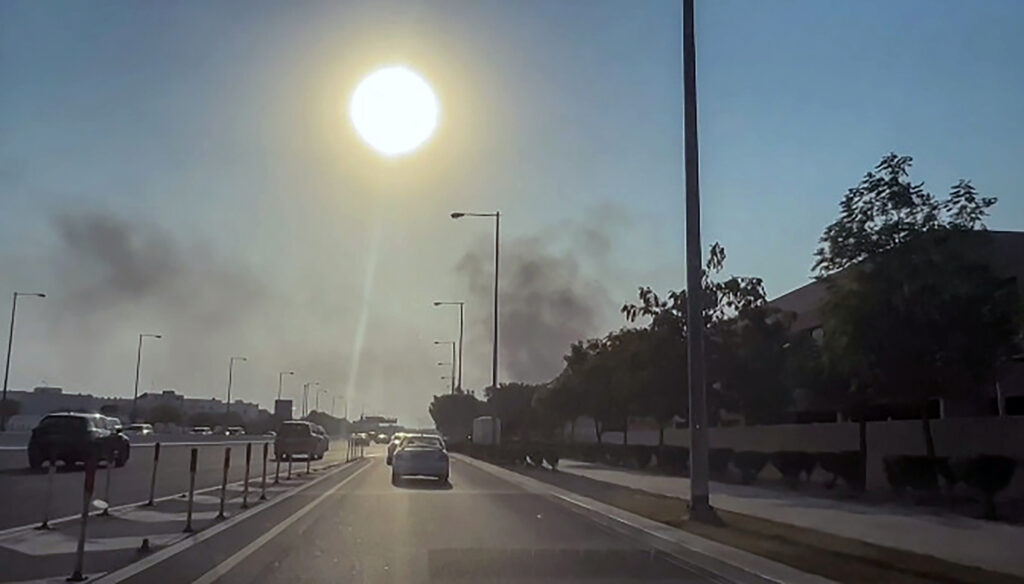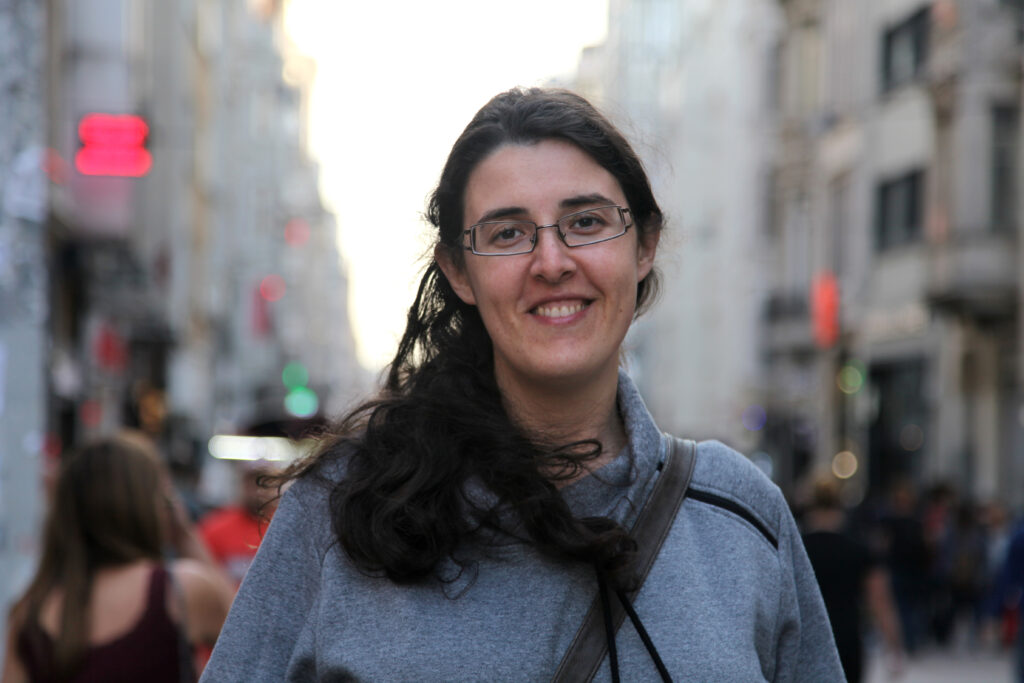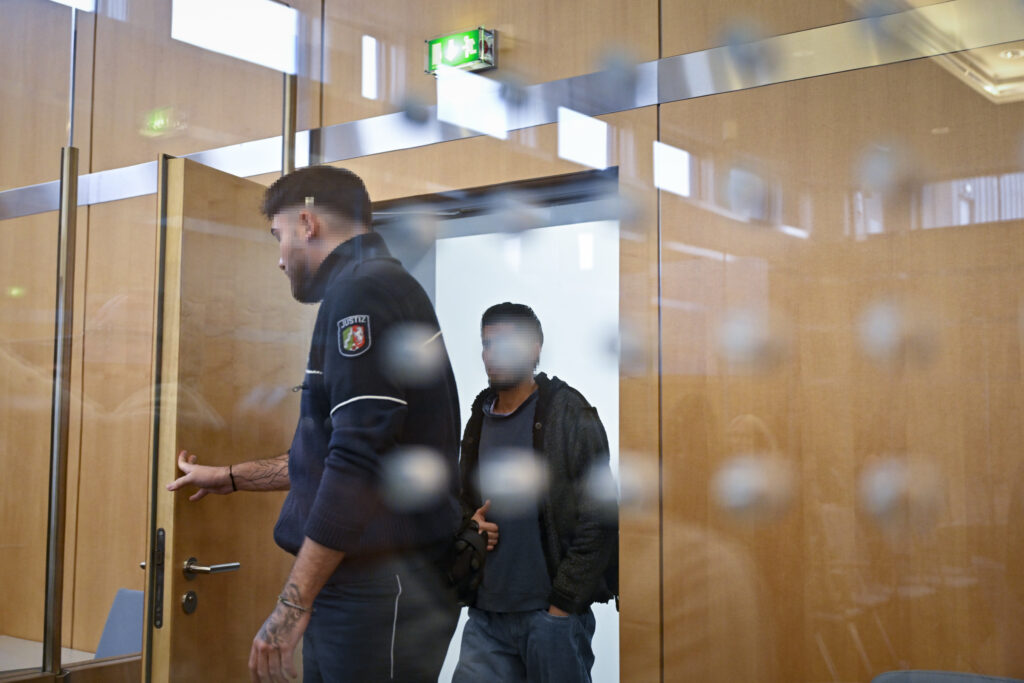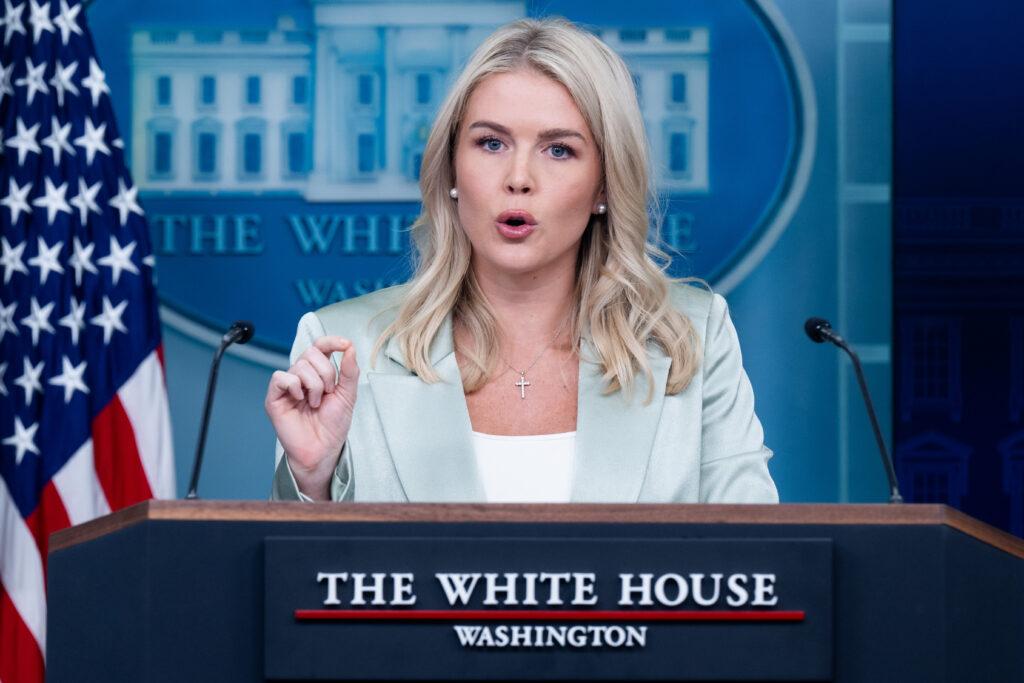Israel defends Qatar strikes after rebuke from Trump
Israel’s UN envoy defended targeting Hamas leaders in Qatar as the “right” decision on Wednesday, after the strikes on the US ally’s soil drew a rare rebuke from President Donald Trump.The White House said Trump did not agree with Israel’s decision to take military action on Tuesday and had warned Qatar in advance of the incoming strikes.But Qatar, which hosts a large US military base and has spearheaded repeated rounds of Gaza truce efforts, said it had not received the warning from Washington until the deadly attack was already under way.Israel’s ambassador to the United Nations, Danny Danon, sought to justify the decision, telling an Israeli radio station: “We don’t always act in the interests of the United States.””We are coordinated, they give us incredible support, we appreciate that, but sometimes we make decisions and inform the United States,” he said.”It was not an attack on Qatar; it was an attack on Hamas,” Danon told 103FM.Palestinian militant group Hamas said six people were killed in the strikes, including an aide and an adult son of its top negotiator Khalil al-Hayya, as well as three bodyguards and a Qatari security officer.But the group said its senior leaders had survived, affirming “the enemy’s failure to assassinate our brothers in the negotiating delegation”.Danon said Israel was “still waiting for the results” of the operation.”It is too early to comment on the outcome, but the decision is the right one,” he added.According to sources close to Hamas, six Hamas leaders including Hayya and former top leader Khaled Meshaal were in the building targeted by Israel at the time of the strike. AFP has been unable to reach any of them since then.Qatar said the strikes targeted the homes of several members of Hamas’s political bureau residing in the Gulf country.- ‘Not thrilled’ -Trump said he was not notified in advance of the Israeli attack and was “not thrilled about the whole situation”.Speaking to reporters during a rare outing to a Washington restaurant, he said: “We want the hostages back, but we are not thrilled about the way that went down today.”Qatar’s prime minister said it reserved the right to respond to the Israeli attack, which it said constituted a “pivotal moment” for region.Defence Minister Israel Katz vowed that Israel would “act against its enemies anywhere”.”There is no place where they can hide,” he wrote on X, adding that “everyone who took part in the October 7 massacre will be held fully accountable,” referring to Hamas’s October 2023 attack on Israel that sparked the nearly two-year Gaza war.In a post on social media, Trump insisted that “this was a decision made by Prime Minister Netanyahu, it was not a decision made by me”.”I view Qatar as a strong Ally and friend of the U.S., and feel very badly about the location of the attack,” he said, adding Hamas’s elimination was still a “worthy goal”.- ‘Grave violation’ – Russia and China meanwhile joined an international chorus of condemnation on Wednesday, with Moscow saying the operation undermined peace efforts in the Middle East.”Russia considers the incident a grave violation of international law… an encroachment on the sovereignty and territorial integrity of an independent state, and a step leading to further escalation,” said Russia’s foreign ministry.Beijing expressed similar concerns and “dissatisfaction with actions by certain parties that undermine the ceasefire negotiations in Gaza”.Along with the United States and Egypt, Qatar has led multiple attempts to end the Israel-Hamas war and secure the release of the remaining hostages.Hamas’s October 7, 2023 attack resulted in the deaths of 1,219 people, mostly civilians, according to an AFP tally based on Israeli figures.Israel’s retaliatory offensive has killed at least 64,605 Palestinians, most of them civilians, according to figures from the health ministry in Hamas-run Gaza that the United Nations considers reliable.EU chief Ursula von der Leyen said Wednesday she would push to sanction “extremist” Israeli ministers and curb trade ties over the dire situation in Gaza.Israel’s foreign minister, Gideon Saar, hit back, writing on X that Europe was sending “the wrong message that strengthens Hamas and the radical axis in the Middle East.”





